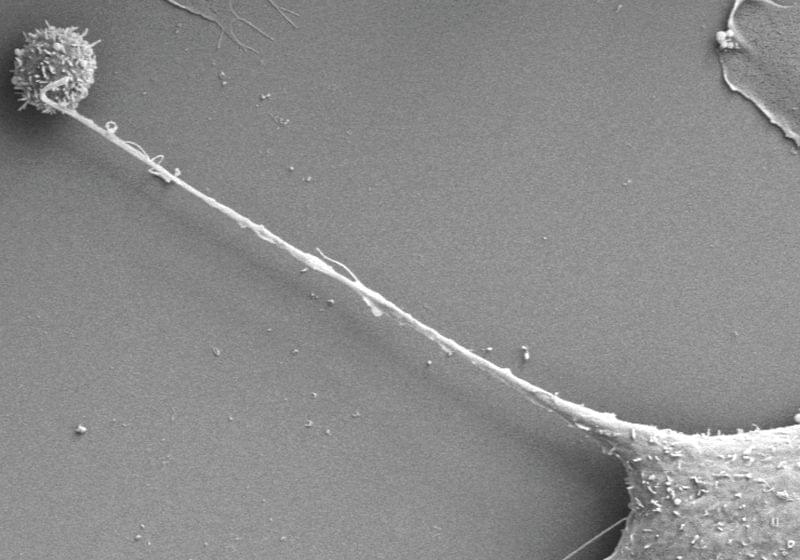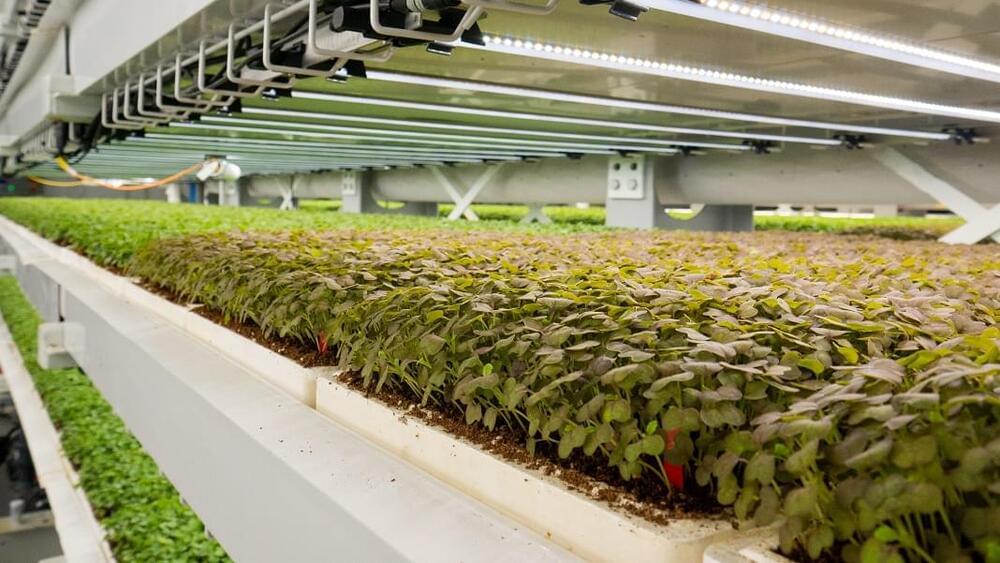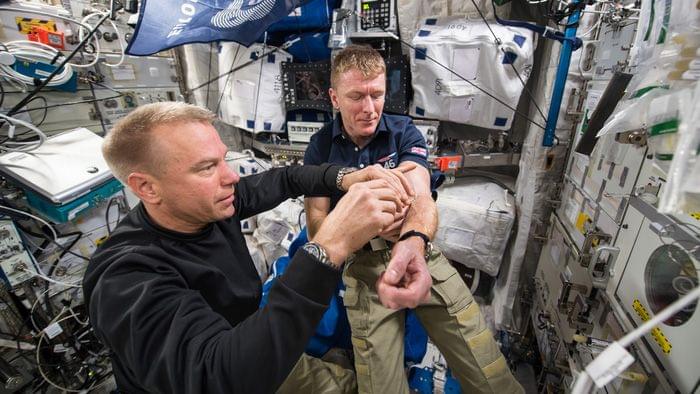Cancer cells send out nanotubes to suck mitochondria from immune cells, finds a November 18 study in Nature Nanotechnology. The pilfered organelles allow the cancer cells to replenish their power while weakening T cells—a finding that could lead to new avenues for assailing tumors.
“It’s surprising that the transfer of mitochondria happened between different cell types, intriguingly between immune cells and cancer cells,” writes cancer biologist Ming Tan of China Medical University in Taiwan, who was not involved in this study, in an email to The Scientist. While researchers have observed mitochondrial transfer between cells before, most cases occurred between two cells of the same type. “Moreover, the mitochondrial transfer appears to have a significant impact on tumor cells escaping from immune surveillance,” Tan adds. “This is exciting because [of] its potential therapeutic implications.”
See “Nanotubes Link Immune Cells”.








